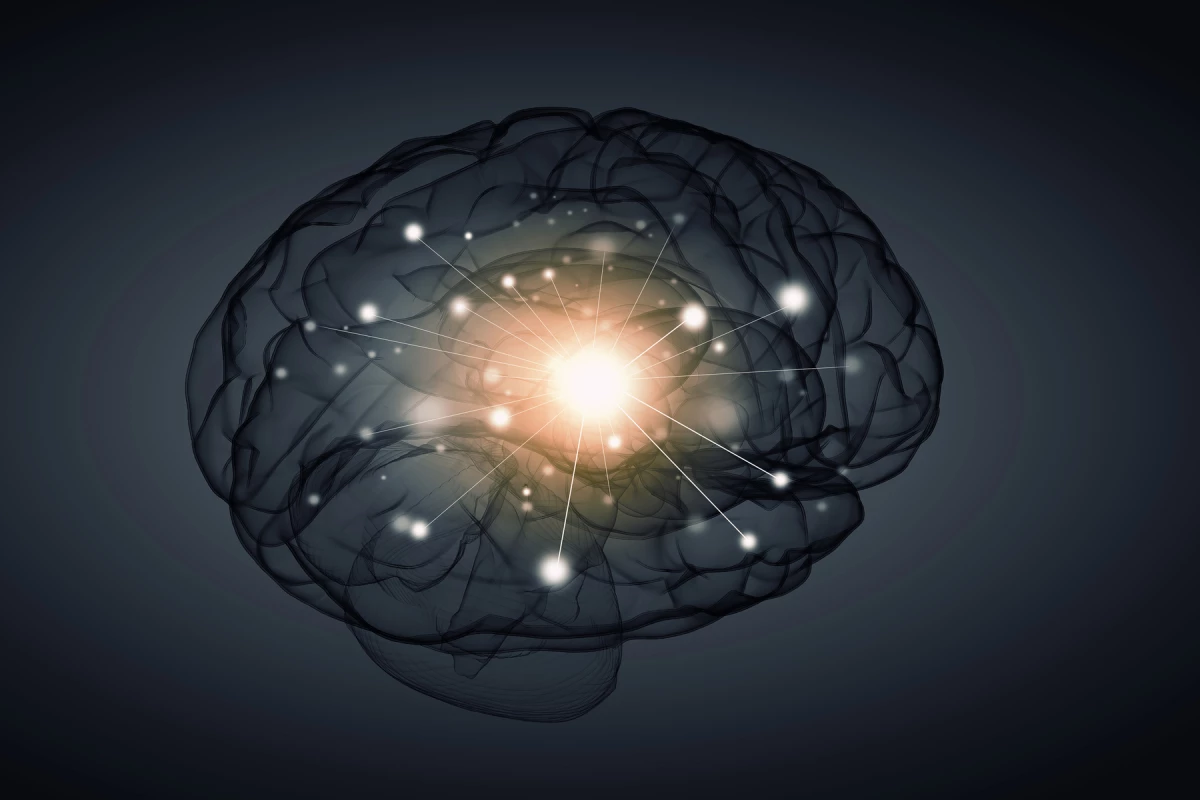Scientists from Sweden’s Karolinska Institutet have discovered a new mechanism to help illustrate the rapid antidepressant qualities of ketamine. The large study imaged patients with treatment-resistant depression and found ketamine’s therapeutic effects are a result of its interaction with a particular kind of serotonin receptor.
Many researchers have been working to unravel the specific mechanisms behind ketamine’s compelling, and speedy, antidepressant effects. The drug, originally developed as a novel anesthetic over 50 years ago, has been found to exert a number of unique effects on the brain, only now being discovered and described by scientists.
Low levels of serotonin in the brain have long been linked to mental health disorders, including major depression. Out of the 14 different kinds of serotonin receptors in the brain, this research focused on one in particular, a receptor called serotonin 1B.
"In this, the largest PET study of its kind in the world, we wanted to look at not only the magnitude of the effect but also if ketamine acts via serotonin 1B receptors," says Mikael Tiger, first author on the new study. "We and another research team were previously able to show a low density of serotonin 1B receptors in the brains of people with depression."
A cohort of 30 subjects with treatment-resistant major depressive disorder were imaged using PET scans before and after a ketamine infusion. Using a radioactive tracer that binds to serotonin 1B receptors, the researchers identified a particular increase in serotonin 1B receptor binding in the hippocampus following the ketamine treatment.
The study suggests this ketamine-induced binding of serotonin 1B receptors increases the release of dopamine, while reducing levels of serotonin. This newly discovered mechanism of ketamine is hypothesized to play a role in the overall therapeutic benefits of the drug.
"We show for the first time that ketamine treatment increases the number of serotonin 1B receptors," says Johan Lundberg, an author on the new study published in the journal Translational Psychiatry. "Ketamine has the advantage of being very rapid-acting, but at the same time it is a narcotic-classed drug that can lead to addiction. So it'll be interesting to examine in future studies if this receptor can be a target for new, effective drugs that don't have the adverse effects of ketamine."
The new study was published in the journal Translational Psychiatry.
Source: Karolinska Institutet




